Revolutionary genome mapping tech targets childhood brain cancers
"We will be able to make a more specific diagnosis, better classify the cancer, give a better prognosis and enable better therapy choices," says Ravindra Kolhe, MD, PhD.

Researchers in the Cancer Immunology, Inflammation, and Tolerance (CIIT) research program use a range of techniques to study how the immune system influences tumorigenesis and cancer therapy. The immune system can inhibit or promote tumor progression in local tissues where pre-malignancies form. Major program themes are to elucidate
The scientific rationale for this dual approach is that pre-malignant cells create and sustain tolerance during tumor progression, while breaking tumor-associated tolerance is necessary for successful anti-tumor treatment. Hence, program goals are to elucidate molecular and cellular pathways at sites of inflammation that promote or break immune tolerance using pre-clinical mouse models of tumor progression and autoimmune syndromes, and developing novel immunotherapies to treat these syndromes more effectively by targeting tolerance pathways. To this end, program faculty also engage in promoting pre-clinical research and early-phase clinical trials of novel vaccine adjuvants to improve cancer immunotherapy, in some cases with corporate partners.
To pursue these focused research themes and scientific goals, program faculty employ many state-of-the-art techniques, facilities, and unique resources, including flow cytometric sorting and analysis, a range of molecular imaging techniques, genomic analysis, and genetically modified mouse strains. Future program development will build on existing CIIT program strengths by recruiting new investigators with expertise in inflammation, immunological, and metabolic research to complement current research focused on regulation of adaptive immunity.
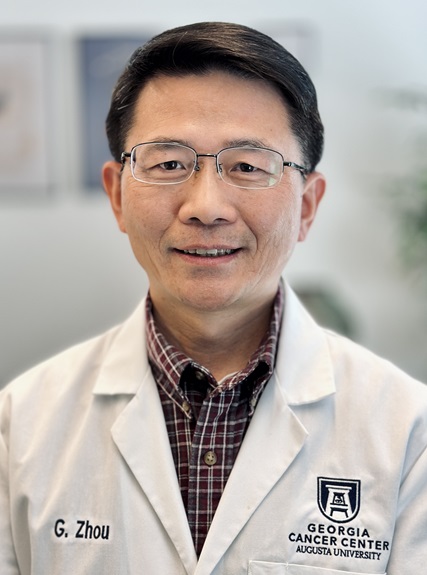
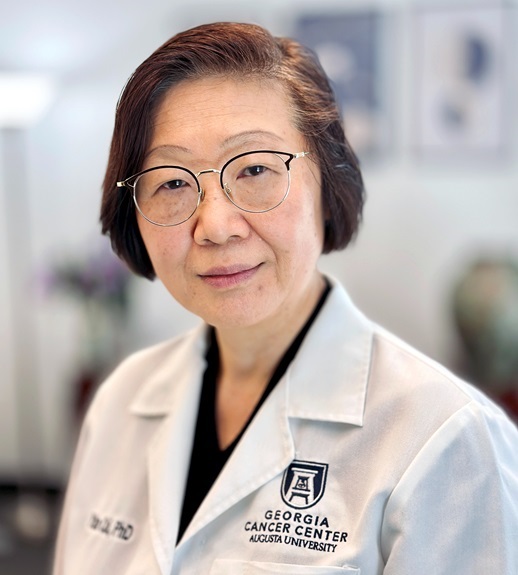
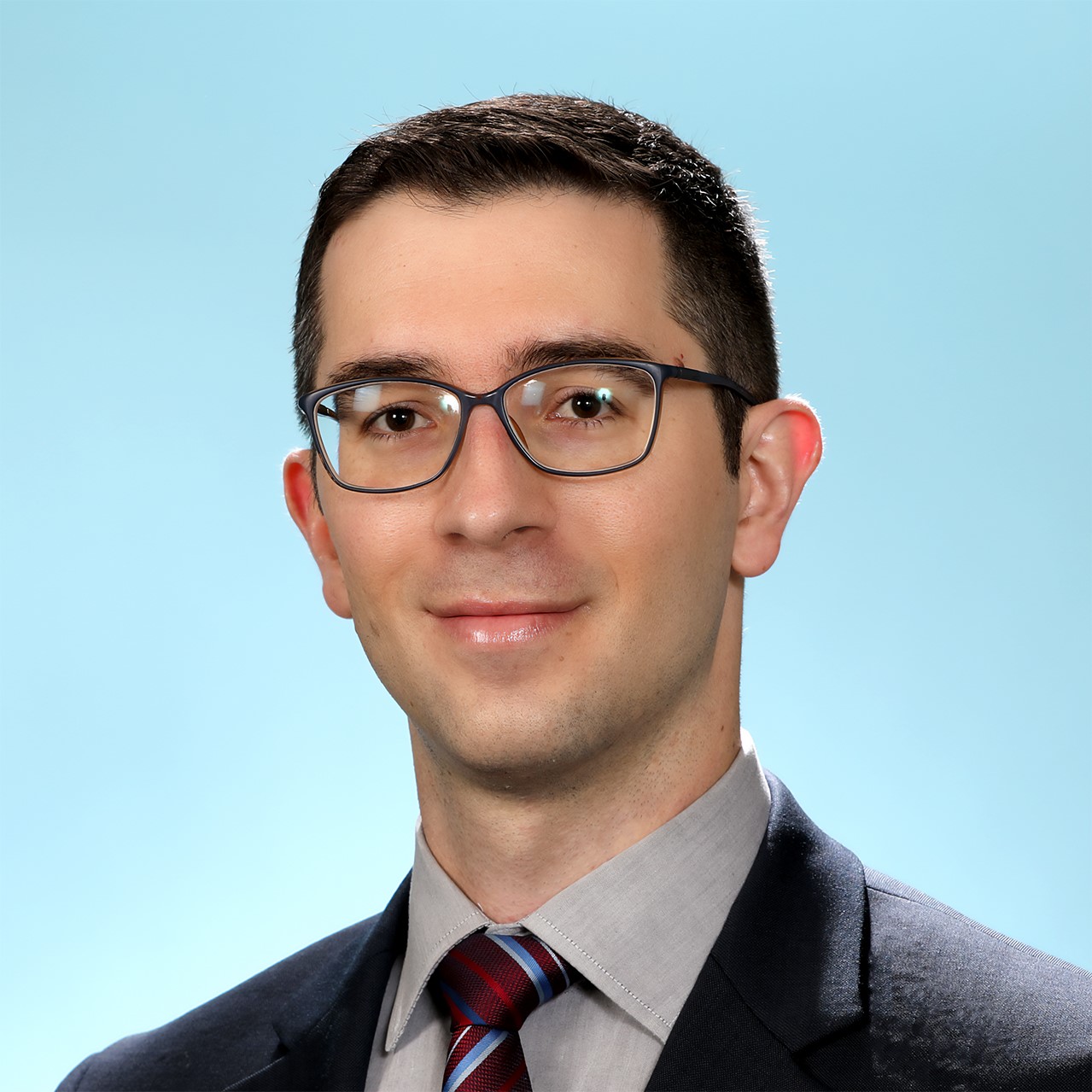
Rafael Czepielewski, Ph.D.
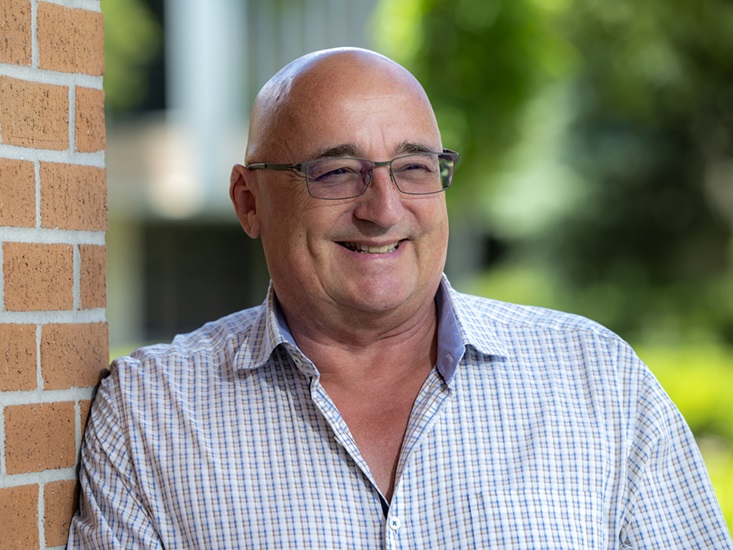
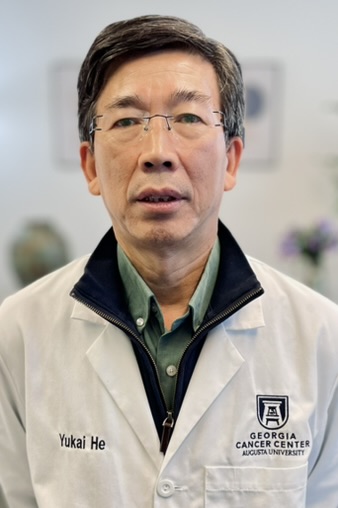
I was trained as a physician, but has been fascinated by how our body’s immune system has been so effective to control not only microbial infections, but also cancer cells. We had studied the basic mechanism of how cancer vaccines activated immune responses and applied the vaccine design technologies into developing liver cancer vaccines. Over the last decade, research in my lab has been focusing on identifying novel T cell receptors (TCR) and on developing new chimeric antigen receptors (CAR) for liver cancer immunotherapy. We are fortunate that our research has been continuously funded by NCI/NIH grants. Our goal is to engineer immune T cells to become potent and targeted fighters to eliminate cancer cells and cure cancer patients.

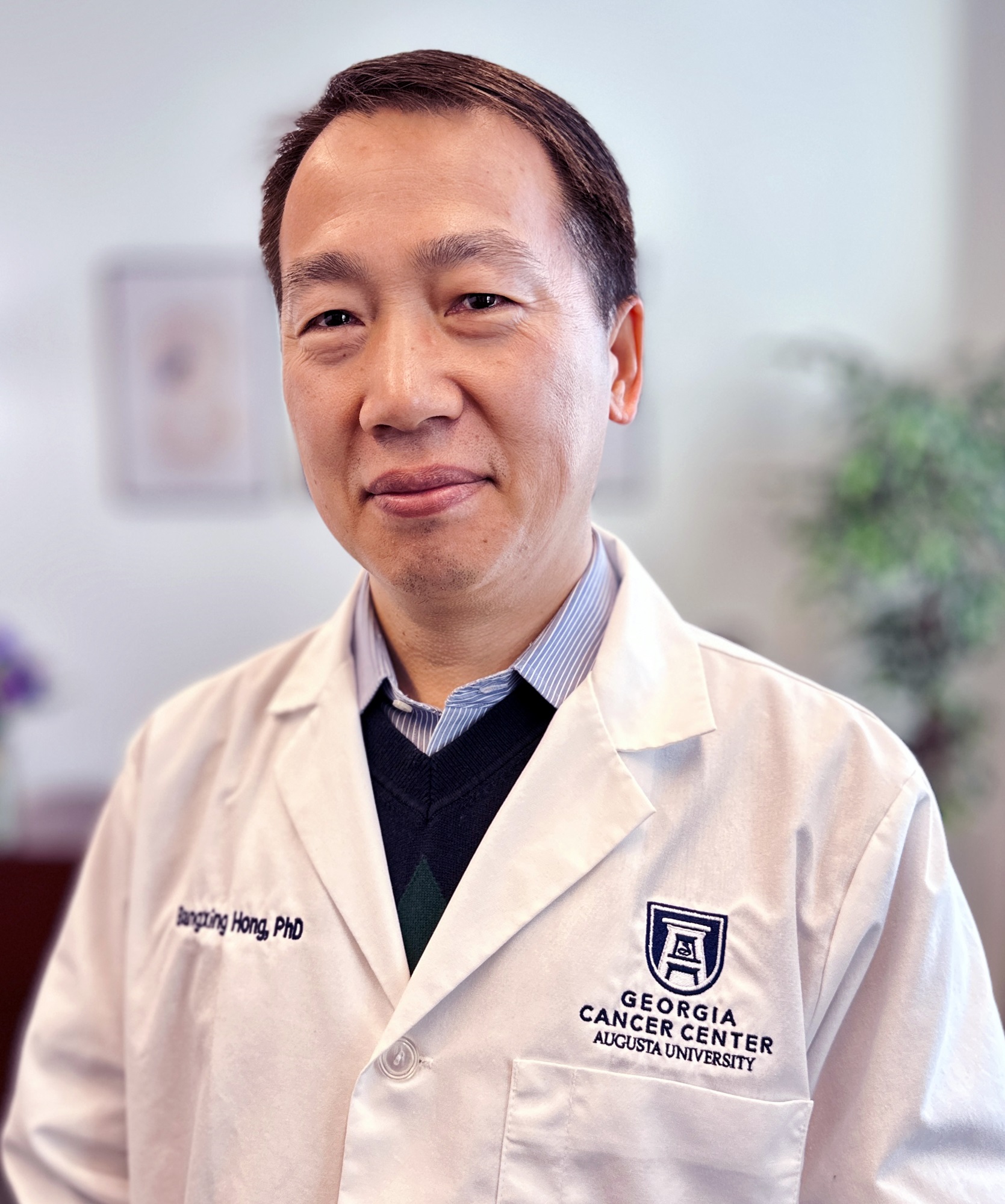

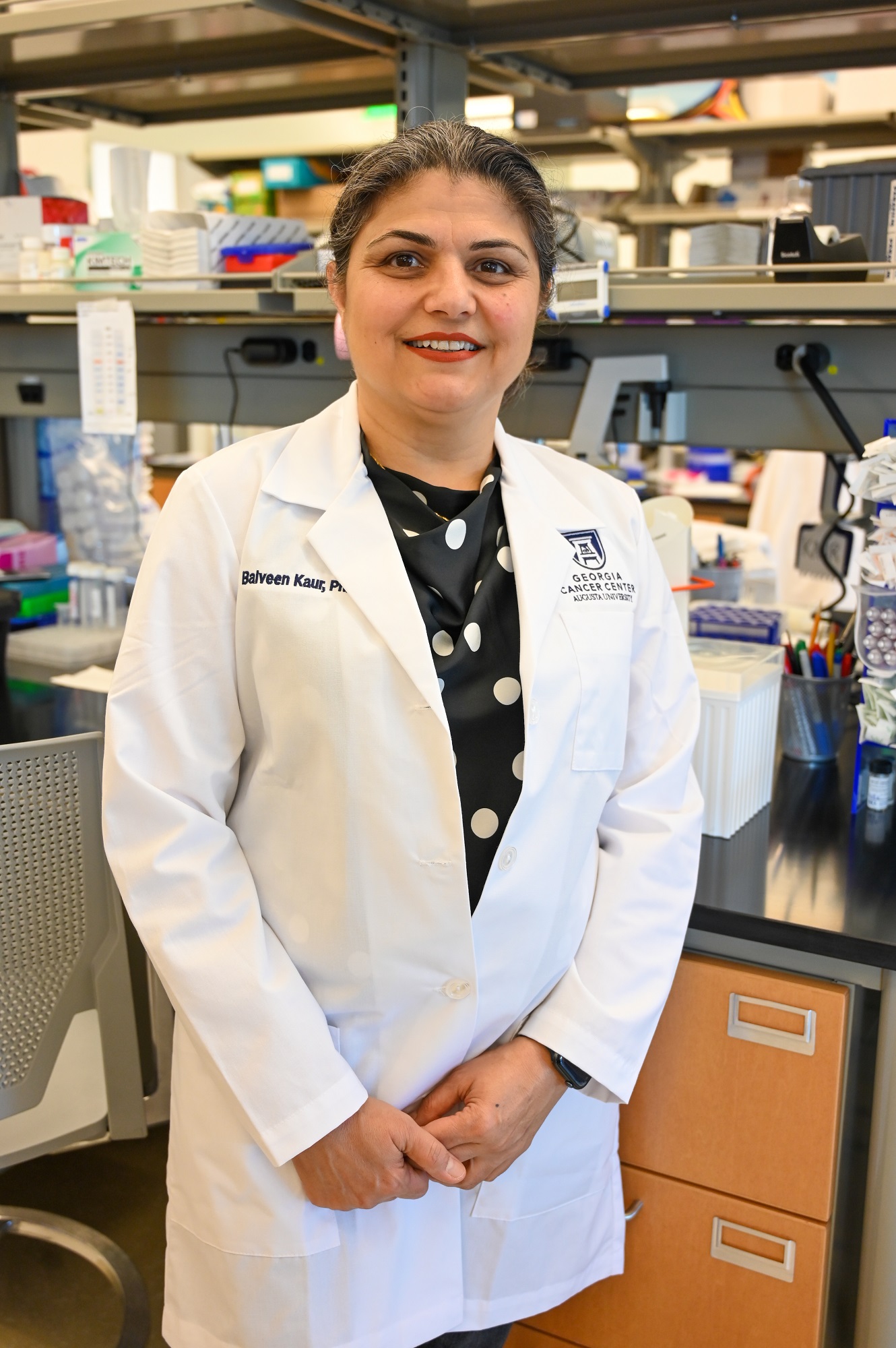
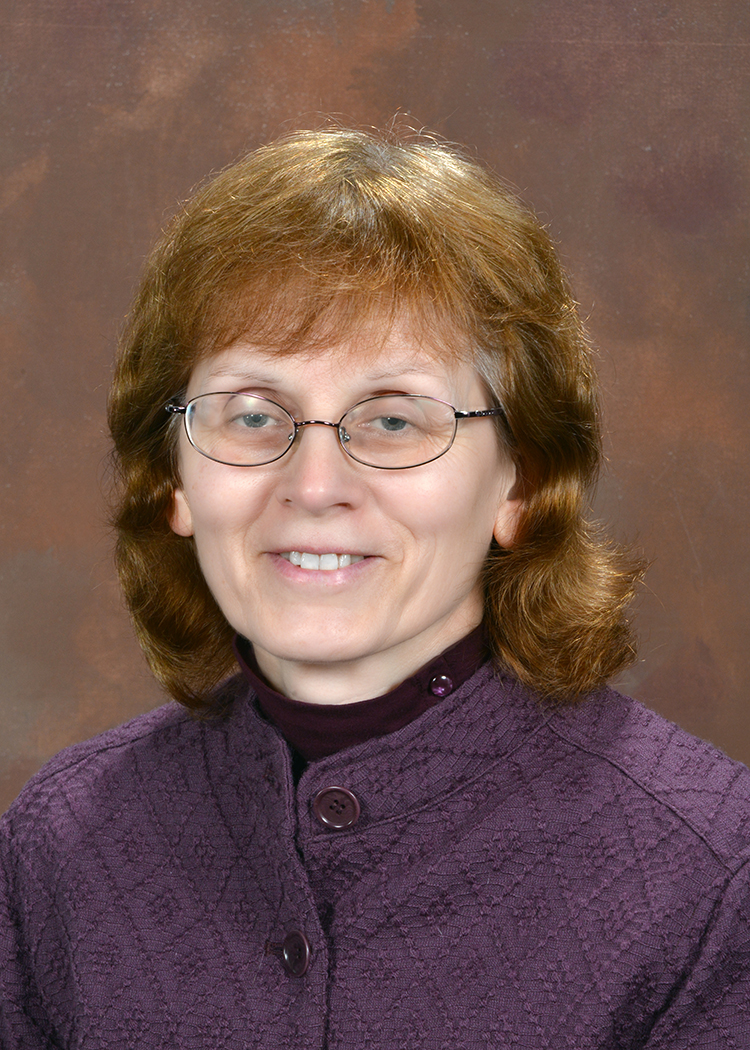
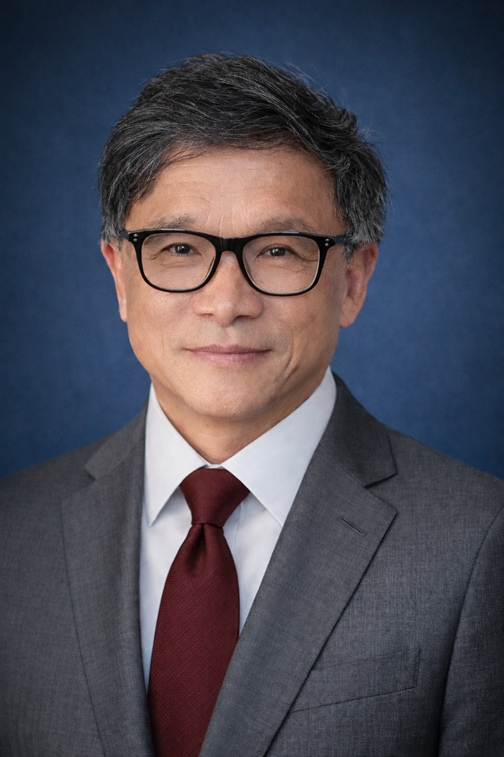
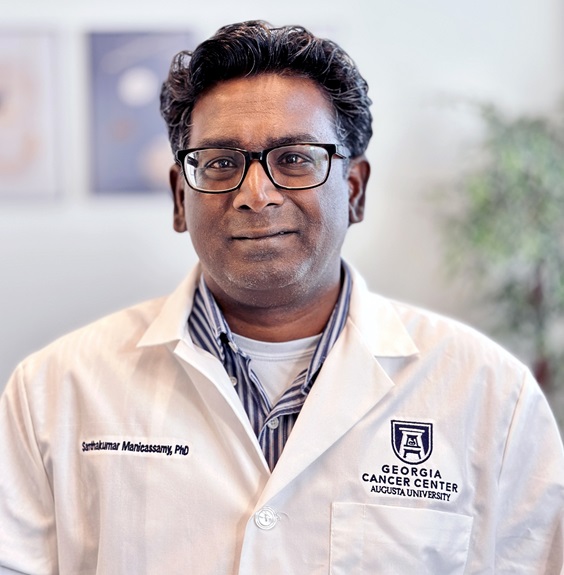
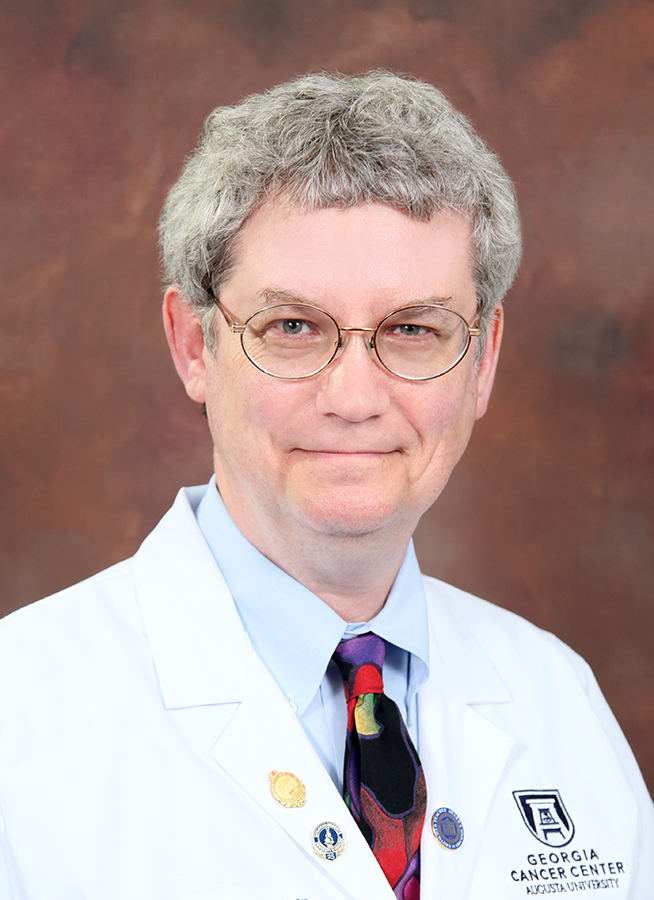
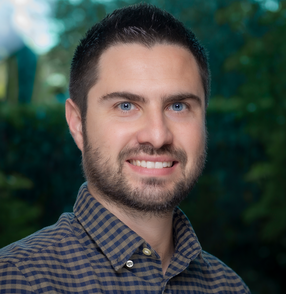
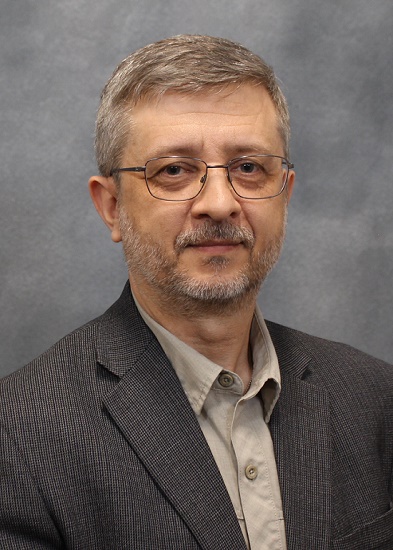
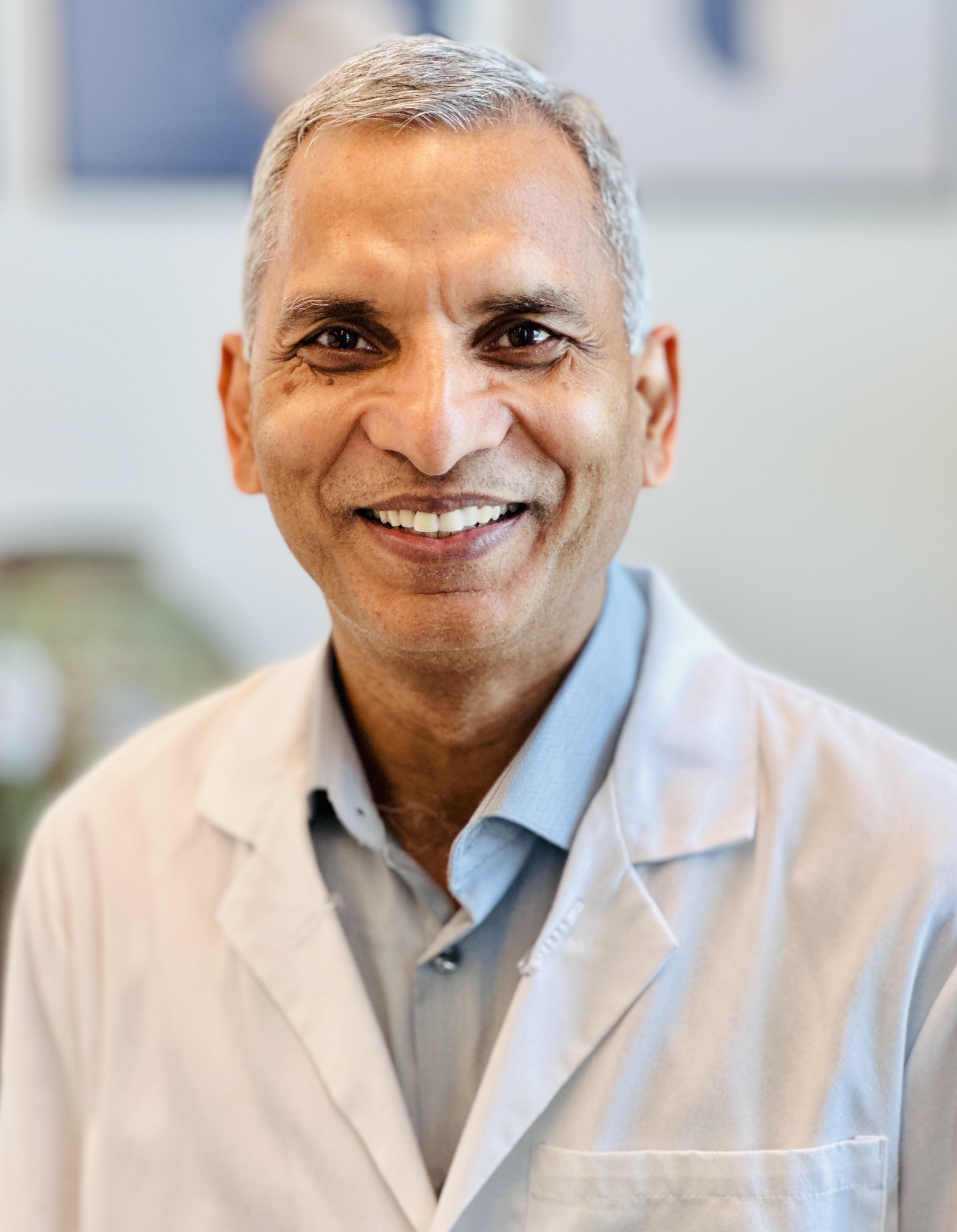
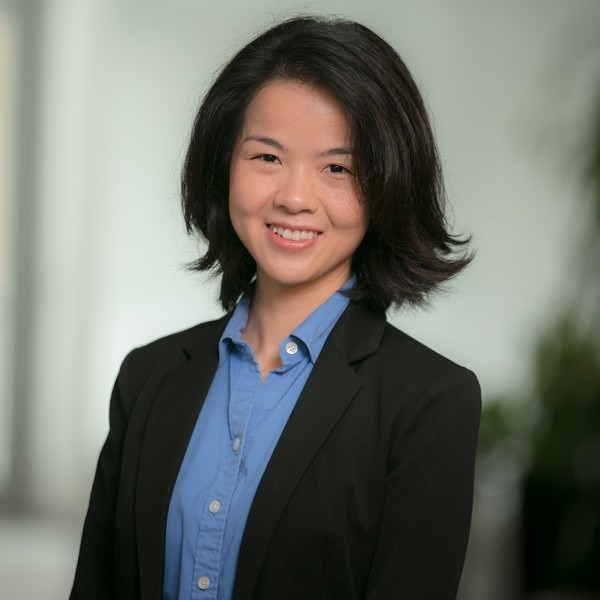
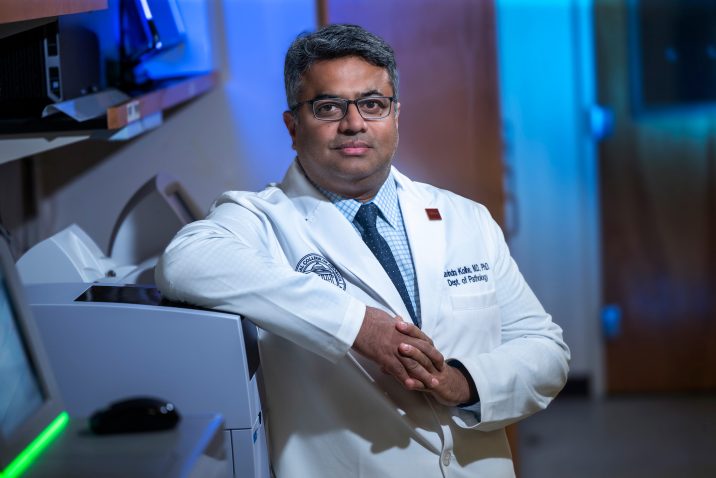
"We will be able to make a more specific diagnosis, better classify the cancer, give a better prognosis and enable better therapy choices," says Ravindra Kolhe, MD, PhD.
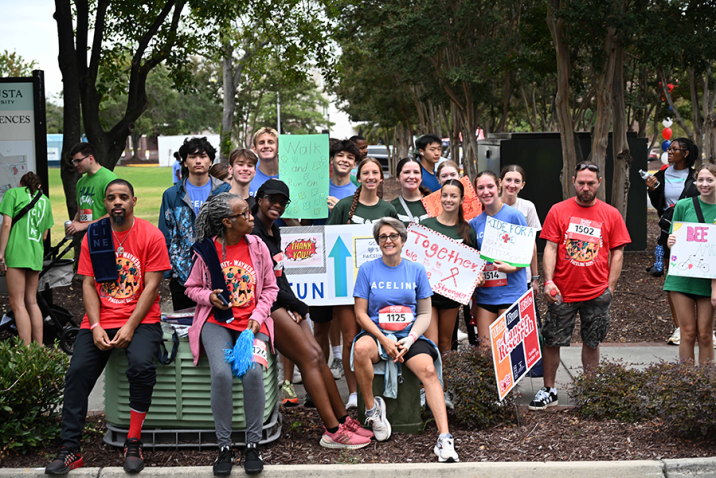
"It was wonderful seeing so many coming together to celebrate the people participating in PaceDay 2025," says Jorge E. Cortes, MD.
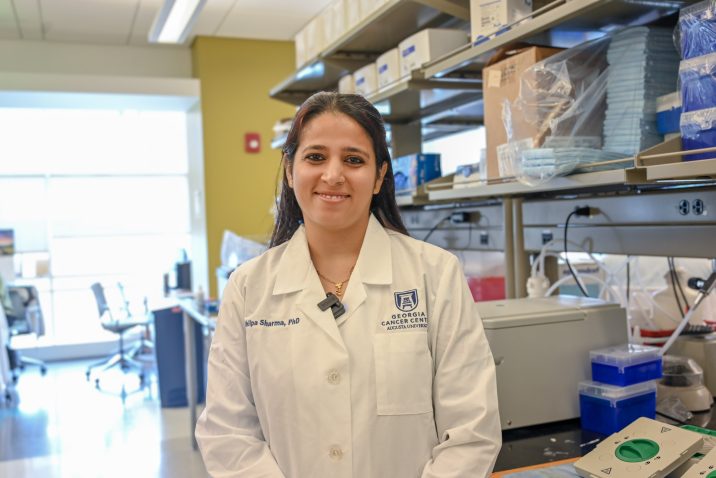
"This is a newer treatment approach, but the initial results have been promising," says Shilpa Sharma, PhD.
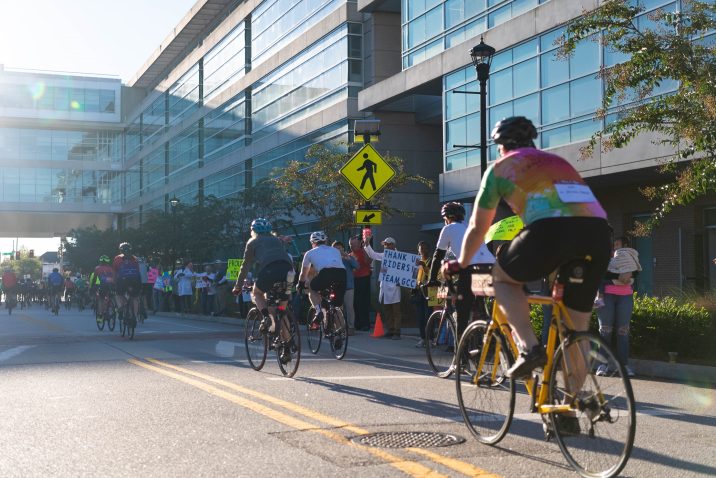
In addition to the bike ride and 5K run/walk, there will also be stationary bikes with an instructor offering several spin class sessions during the day.
The Georgia Cancer Center at Augusta University is dedicated to reducing the burden of cancer in Georgia and across the globe through superior care, innovation, and education. Through unprecedented expansion, the Georgia Cancer Center is providing access to more first-in-the-nation clinical trials, world-renowned experts and life-saving options.
Follow the Georgia Cancer Center